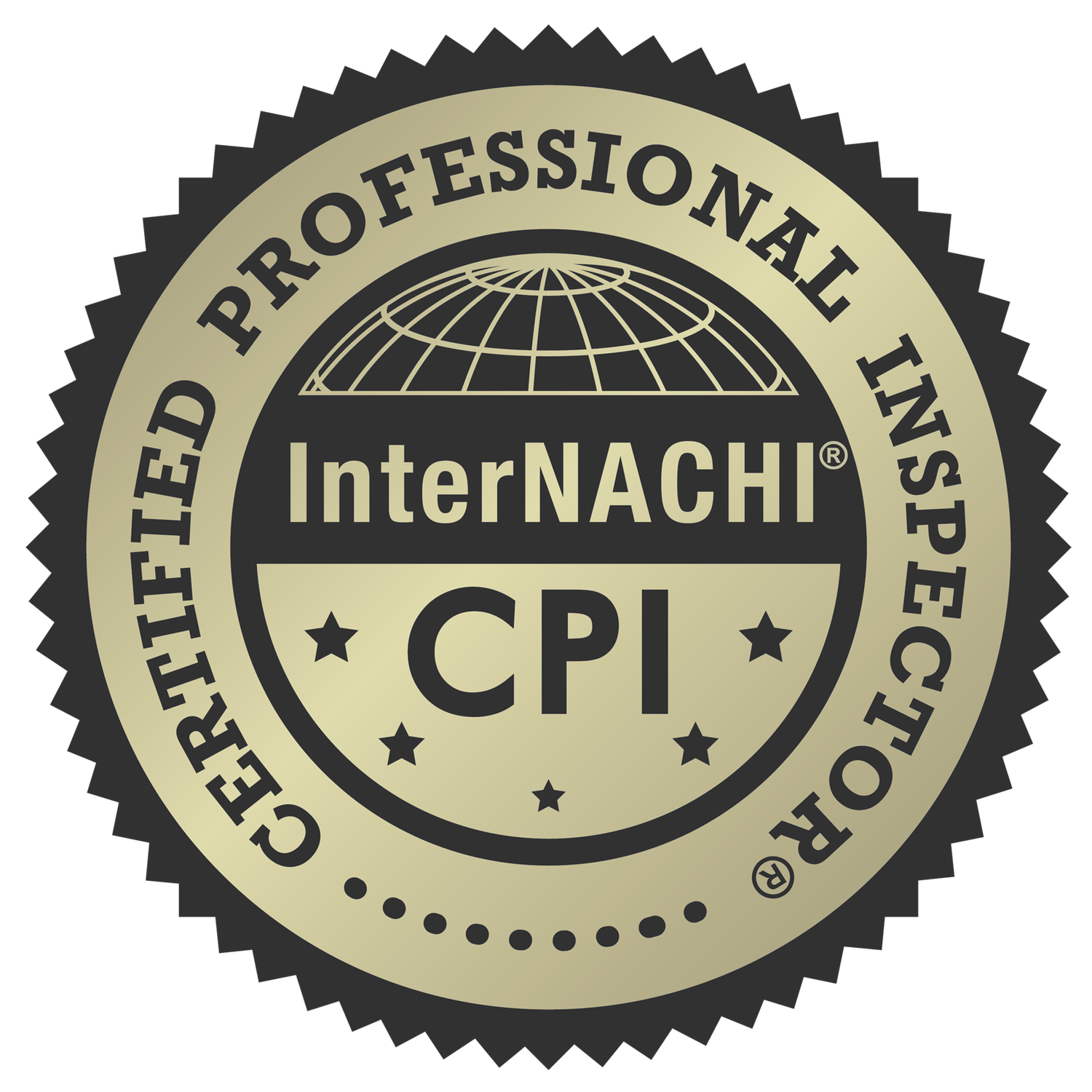Home Buying Process Explained
Buying a home is one of the biggest financial and emotional decisions you'll ever make — and as your real estate agent, my job is to guide you through every step with clarity and confidence. Whether you're a first-time buyer or seasoned investor, here's a breakdown of what to expect — and where the home inspection plays a crucial role in protecting your investment.
Step 1: Get Pre-Approved
Before touring any homes, you’ll want to talk to a mortgage lender to get pre-approved. This tells you what price range you can afford and shows sellers you’re a serious buyer when it’s time to make an offer.
Step 2: Define Your Needs & Start the Search
Once you know your budget, we’ll sit down to map out your must-haves — like location, number of bedrooms, outdoor space, etc. From there, I’ll help you find properties that match your goals and start scheduling showings.
Step 3: Make an Offer
Found the right home? Great — now it’s time to submit a competitive offer. Your offer will include key terms like price, financing, and contingencies. One of the most important contingencies is the home inspection contingency, which allows you to inspect the property and renegotiate or walk away if necessary.
Step 4: Offer Accepted – Enter Escrow
Once the seller accepts your offer, you’ll enter escrow. This is the period when a neutral third party holds funds and coordinates the paperwork leading up to closing.
Step 5: Schedule the Home Inspection
This is where things get real. Within the first 5–10 days of escrow, we’ll bring in a licensed home inspector to conduct a full assessment of the property. The inspector will check:
Structural integrity (foundation, walls, roof)
Electrical and plumbing systems
HVAC (heating and cooling)
Insulation, windows, and attic
Appliances and water heaters
Signs of mold, pest damage, or moisture intrusion
You’ll receive a full report, usually within a week or less.
Step 6: Review the Report & Renegotiate if Needed
If the report uncovers serious issues, we can:
Request repairs
Negotiate a price reduction or credit
Or, in extreme cases, cancel the deal under the inspection contingency
The inspection doesn’t just protect you from buying a lemon — it gives you peace of mind that you’re making a smart investment.
Step 7: Appraisal & Final Loan Approval
While we handle the inspection, your lender will order a home appraisal to ensure the property is worth the purchase price. After that, they’ll finalize your mortgage approval.
Step 8: Closing Day
Once everything checks out — the inspection, the appraisal, and loan approval — we’ll do a final walkthrough, sign the closing documents, and you’ll get the keys to your new home!
Why the Home Inspection Is So Important
As a real estate agent, I never recommend skipping the home inspection. It’s your opportunity to:
✅ Discover hidden problems before they become costly
✅ Avoid surprises like foundation issues or bad wiring
✅ Negotiate from a place of knowledge
✅ Plan future repairs and maintenance
✅ Buy with confidence knowing what you’re getting into
Final Advice:
A home may look perfect on the surface, but only an inspection can tell you what’s underneath. Never skip this step — it’s the smartest money you’ll spend in the entire process.
